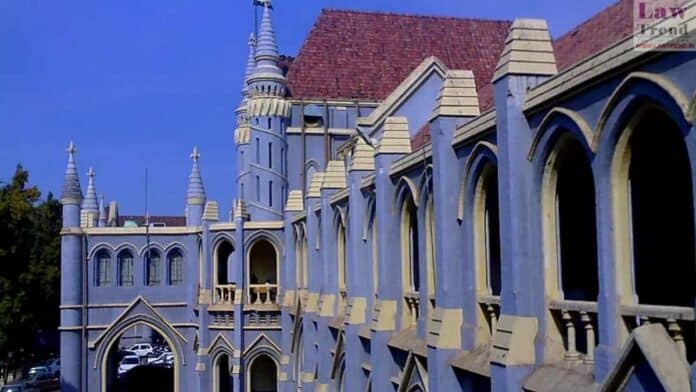The Madhya Pradesh High Court has granted permission for a trial run of the disposal of hazardous waste from the defunct Union Carbide factory in Bhopal, to be conducted at a facility in Pithampur, Dhar district. This decision marks a significant step forward in addressing the remnants of the 1984 Bhopal Gas Tragedy, which resulted in thousands of deaths and continued environmental concerns.
Advocate General Prashant Singh informed the court that the trial would commence on February 27 and proceed in three phases. Each phase will involve the incineration of 10 tons of chemical waste, with the process being closely monitored to assess the efficacy and safety of the disposal method.
Local residents in Pithampur have expressed strong opposition to the disposal plan, citing potential health and environmental risks. In response, the state government conducted a public awareness campaign to inform the community about the measures being taken to ensure a safe disposal process.
According to the schedule presented by the Advocate General, the first phase will process waste at a rate of 135 kilograms per hour. Subsequent phases will see an increase in the processing rate, reaching 180 kg per hour in the second phase and 270 kg per hour in the third. The dates for the second and third trials are set for March 4 and a later unspecified date, respectively.
The outcomes of these trials will be critical for determining the future disposal strategy. Results will be reviewed by the Central Pollution Control Board, which will then set the ‘feed rate’ for disposing of the remaining waste at the Pithampur facility. In total, 337 tons of hazardous waste have been transported to the disposal site.




